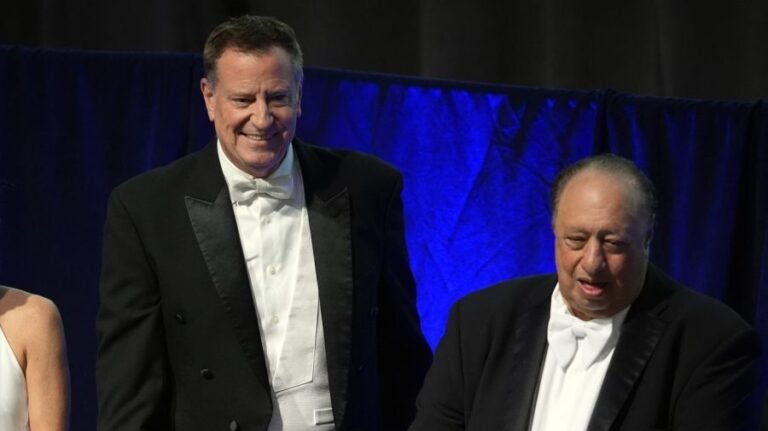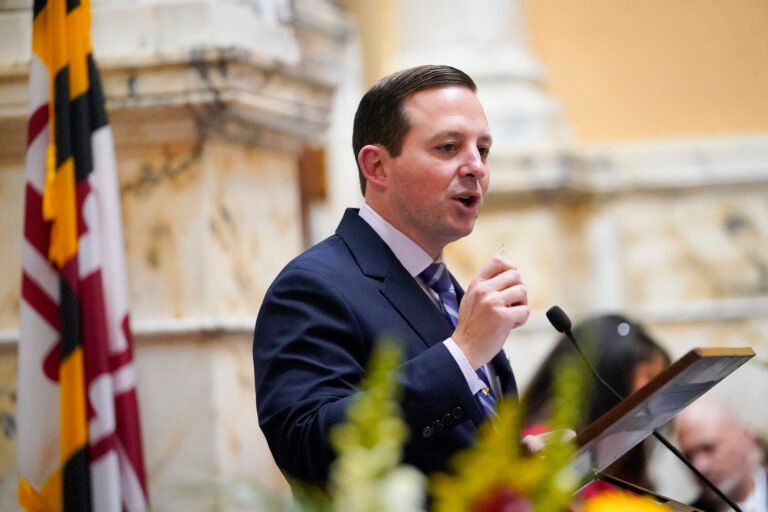
Most people assume that educational research is designed to help teachers and schools. After all, billions of taxpayer dollars flow to universities and think tanks with the expectation that the work they do will improve education.
But much of today’s research doesn’t reflect what teachers say they need. If educational research continues down a path disconnected from classroom realities, we risk not only alienating educators but also giving ammunition to policymakers who are already skeptical of the value of federally funded research.
I recently conducted a study with colleagues to better understand the alignment between education research and the needs of practicing teachers. As former classroom teachers ourselves, we were interested to learn the extent to which research featured at prominent academic conferences mirrored the needs of those working in schools.
We analyzed themes of more than 25,000 presentations at the American Educational Research Association’s annual meetings — the premier gathering of educational researchers — between 2021 and 2025. We then surveyed over 260 teachers from across the United States, asking them what issues they most wanted to see researchers address.
The contrast was stark. At the annual meetings, the dominant themes were equity, social justice, and identity. These topics appeared at twice the frequency of any other research area. Other prominent themes included critical race theory, methodological innovations (often involving critical theory), and teacher preparation (often with more of a focus on teacher identity than practice).
In contrast, classroom teachers’ top concerns were far more immediate and practical. They included student behavior and discipline, mental health and well-being, parental involvement, and teacher retention. The only area of overlap between researchers and teachers was artificial intelligence, which ranked as a top priority for both groups.
In other words, the nation’s largest academic research conference has devoted the majority of its attention to questions of identity and justice, whereas teachers in classrooms are struggling with how to get students to sit down, focus, and learn.
This disconnect has consequences. Teachers often tell us that research feels irrelevant to their daily practice. And when policymakers see that the research community is not engaged with the problems educators say matter most, it fuels calls to cut funding for research altogether.
Already, federal investment in educational research has been questioned on Capitol Hill. Some argue that if research isn’t producing clear benefits for schools, perhaps those dollars should be redirected elsewhere.
I am not suggesting that issues such as race and gender are unimportant. Depending on the context, they may matter deeply. Scholars should have the freedom to pursue the questions they find most pressing. Indeed, I have conducted research on racially integrated charter schools in a highly segregated region of the U.S. South.
But if our field’s public face is consumed with topics that teachers themselves rarely cite as top concerns, then we have a problem. Teachers need help with challenges that are eroding morale, driving people from the profession, and directly affecting student learning.
Consider student behavior. Since the pandemic, many schools report sharp increases in classroom disruptions. Teachers describe spending more time managing discipline and less time on instruction. Yet in our analysis of the research conferences, student behavior barely registered as a theme. The few discussions tackling this issue took the form of “restorative justice” approaches, which often place an even greater burden on teachers.
Similarly, although teacher and student mental health was a top priority for educators, it was not a central focus of the conference programs at all. Word searches of the 2025 conference program find more than 300 presentations on “resistance” and almost 100 on “safe spaces.” There were only 41 on student mental health and 24 on teacher mental health.
Educational research is too important to let it drift further out of touch. Rigorous empirical research has shaped policy in important ways before — from evidence on class size and early childhood education to the role of phonics in reading instruction. When grounded in the needs of practitioners, research can improve classrooms, guide decision-making, and ultimately, better educate the next generation of learners.
What we need now is not less research, but a better alignment between researchers and schools. That starts with listening. Too often, research agendas are set in academic silos, guided by theoretical trends or what is most likely to be published in top journals — almost all of which privilege the topics we found to be most prevalent at the conferences. Teachers rarely have a seat at the table.
Building stronger partnerships between universities and schools, creating research-practitioner partnerships that begin with the problems identified by teachers and school leaders, and rewarding scholars who produce work that has real classroom application would go a long way toward closing the gap.
Educational research can transform schools for the better, and AERA could still be a leader if it chooses to listen to the profession it claims to serve. Yet if the flagship educational research organization remains unwilling to address the pressing concerns of teachers and students, we should create new institutions that will.
David T. Marshall is an associate professor in the College of Education at Auburn University. He formerly taught middle and high school social studies in Philadelphia.


